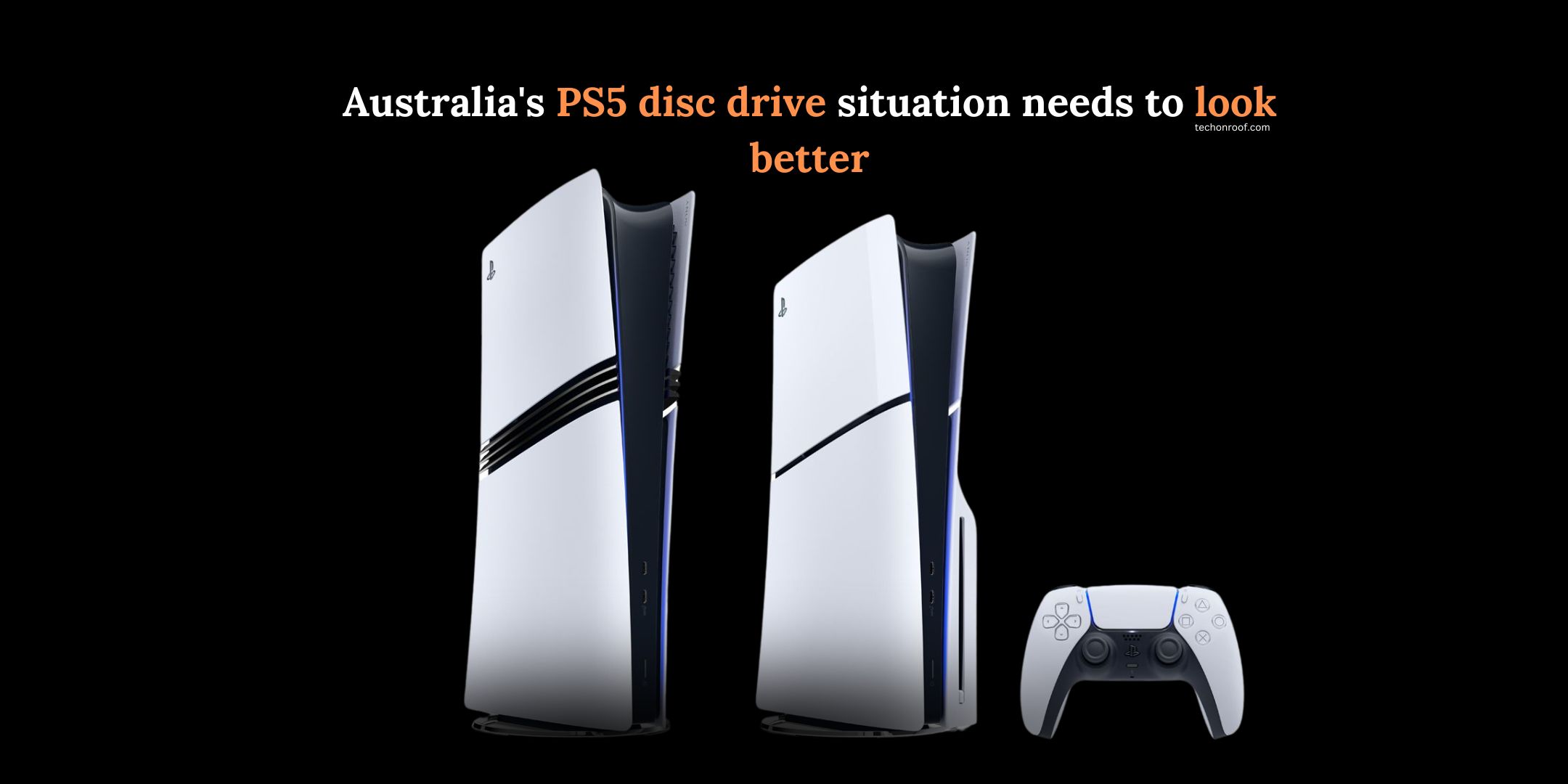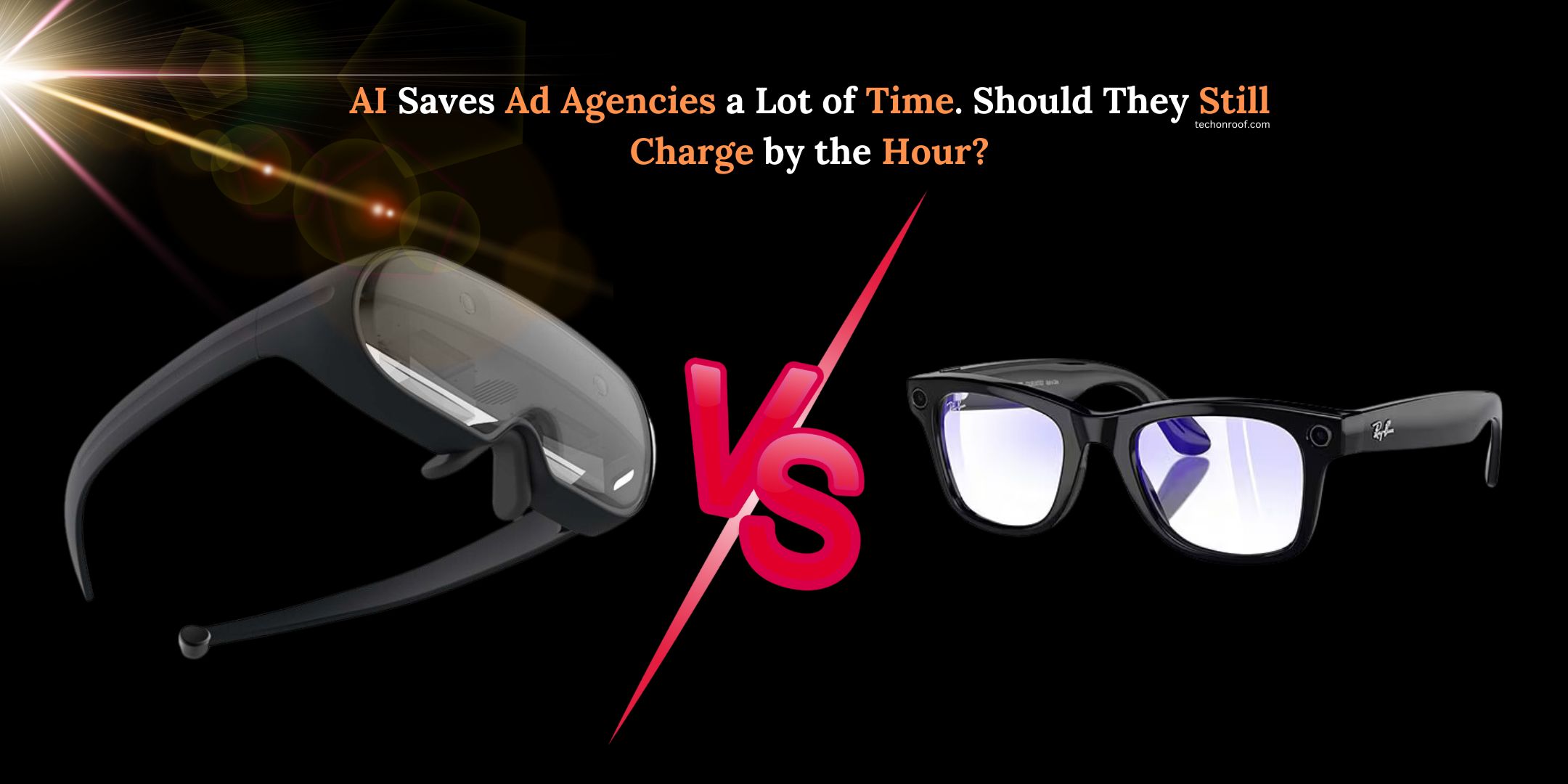As hundreds of millions of iPhone users update to iOS 18, adjusting to the new features like home screen tinting and an upgraded Photos app, the conversation has shifted from excitement to bad news for iPhone users. This update, while packed with anticipated features, is more notable for what it lacks. The highly anticipated Apple Intelligence is missing, and another significant omission concerning the security of Apple’s new RCS integration has been confirmed.
A Major Update with Major Compromises
The biggest non-AI feature of iOS 18 is the integration of Rich Communication Services (RCS), which enhances messaging between iPhone and Android users by introducing richer features like typing indicators, read receipts, and higher-quality media sharing. For the first time, iPhone users can access some of the benefits Android users have had for years.
However, this excitement is tempered by the compromises that come with it. The Washington Post warns that chats between iPhone and Android devices are still plagued by “security and other compromises that Apple could have avoided.”
A Much-Anticipated SMS v2 Update
Android Police highlighted the excitement around this long-awaited SMS v2 upgrade, noting that “the texting situation between the default messaging apps for Android and iPhone is getting a huge upgrade.” iPhones can finally use the protocol designed to replace outdated SMS and MMS.
But despite the advancements, the dreaded green bubbles remain, a symbol of the limitations in cross-platform messaging. Gizmodo sums it up well: “The drama has been ongoing for so long that we have to recognize the small improvements that add up to a better texting experience.”
The Reality of Green Bubbles and Growing Pains
While typing ellipses, read receipts, and sharing clearer images are steps forward, users still face growing pains when messaging Android devices. These issues are often dependent on the generation of the Android phone, network conditions, and the quality of the cross-platform experience—issues absent in apps like Signal, WhatsApp, and Facebook Messenger.
The Washington Post points out a deeper problem: “In some important ways, Apple’s messaging app remains stuck in the flip-phone era, which undermines everyone’s message security.” While iMessage users enjoy encrypted communications, Apple’s version of RCS is not encrypted, leaving iPhone-to-Android messages vulnerable.
A Missed Opportunity for Apple and Google
Apple has attributed these issues to technological limitations in merging iPhone and Android messaging apps. However, experts argue that this explanation is incomplete. As The Washington Post suggests, “Apple’s own choices also make chats with Android devices worse.” Both companies could have collaborated on a secure API between their messaging systems, akin to what apps like WhatsApp and Signal offer.
Instead, Apple’s RCS integration does not measure up to the cross-platform security seen in other over-the-top (OTT) messaging platforms. The limitations of SMS v2, which relies on a cellular protocol rather than a more integrated solution, only add to the frustration of millions of users. Google has made strides in pushing RCS across the Android ecosystem by adding a proprietary client with full encryption, but Apple has chosen not to adopt these security enhancements, leaving the iOS version of RCS less secure.
Popular on Android, But Lagging on iPhone
RCS has gained traction on Android devices due to Google’s efforts, and Android users enjoy a more secure and feature-rich messaging experience. Unfortunately, the version Apple adopted with iOS 18 lacks these essential security features.
Apple has announced plans to work with the mobile industry to improve the protocol, but no timeline has been given, and users will have to contend with these compromises for the foreseeable future.
Why iOS 18 Falls Short for International Users
Apple’s iMessage update fails to provide users outside the U.S. with a compelling reason to switch from popular apps like WhatsApp, Viber, and Telegram. These platforms dominate in Europe, Asia, and Africa and offer secure, encrypted messaging that iOS 18’s RCS integration cannot match. In the U.S., where WhatsApp’s user base is growing rapidly, Meta’s year-long privacy campaign has further cemented the app’s position as a secure alternative to Apple’s messaging system.
Security and Anonymity
Telegram, which has built its reputation on privacy and security, also plays a role in this messaging battle. However, the arrest of founder Pavel Durov has raised concerns among Telegram’s nearly billion users about the security of their messages. Telegram’s encryption, while better than RCS, is not end-to-end by default, similar to the flaws in Apple’s RCS.
With Durov’s legal troubles, users are left wondering whether governments will gain access to Telegram’s servers, and if the platform will continue to resist cooperation with authorities. In this regard, Telegram faces similar security questions as Apple’s RCS integration, leaving users looking for more secure options like Signal or fully encrypted versions of WhatsApp.
Apple’s RCS Integration:
Despite these compromises, there is hope for future improvements. The GSMA, the global mobile industry standards body, celebrated iOS 18’s support of RCS. GSMA’s Technical Director, Tom Van Pelt, acknowledged that this update represents a significant milestone for RCS, but stressed that “the next major milestone is for the RCS Universal Profile to add important user protections such as interoperable end-to-end encryption.”
Read More: Apple Introduces RCS for iPhone, But Carrier Support Still Lacking
This future update could finally bring the kind of security that Apple users expect. However, the fact that Google, not Apple, is leading the charge to implement these protections is telling. Apple’s hesitance to adopt RCS suggests that this feature was included more out of necessity than desire, and many users believe Apple would have avoided it altogether if possible.
What’s Next for RCS on iPhone?
With RCS still lacking full encryption and struggling with cross-platform functionality, fully encrypted alternatives like Signal and WhatsApp remain the best options for users prioritizing security. Samsung’s decision to adopt Google Messages as its standard messaging platform reflects the limitations of RCS and signals the potential for further changes in the Android ecosystem.
Ultimately, the future of messaging between iPhone and Android users will depend on whether Apple and Google can overcome the technical challenges and agree on a more secure, seamless solution. Until then, the compromises of iOS 18’s RCS integration leave much to be desired, and users may need to look elsewhere for a secure, reliable messaging experience.
The Waiting Game for Better Messaging
In conclusion, while iOS 18 brings exciting new features, it also introduces notable security concerns, particularly with its RCS implementation. Apple’s messaging experience continues to lag behind fully encrypted platforms, and the lack of collaboration with Google limits the potential for a more secure, seamless cross-platform messaging solution. For now, users will have to wait for future updates and perhaps reconsider their messaging app choices.





